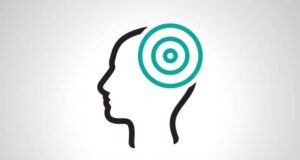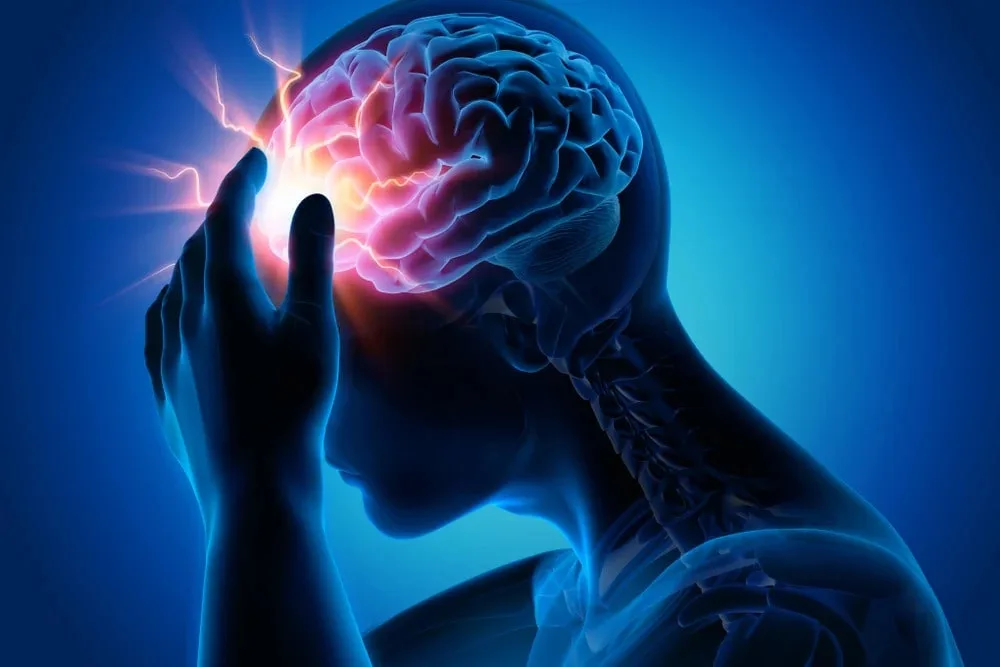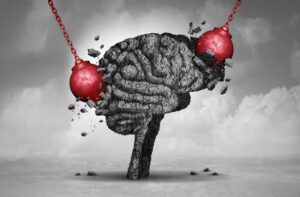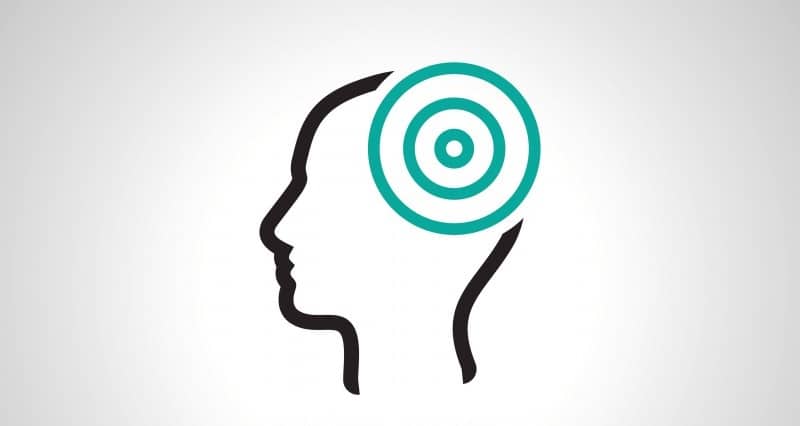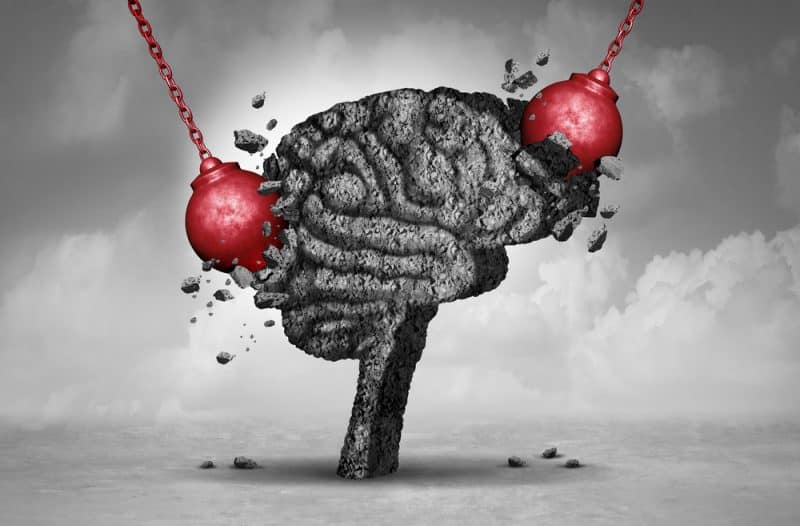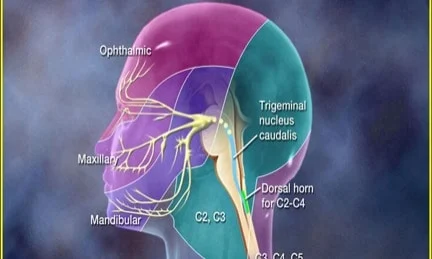If you suffer from migraine headaches, you likely already know that almost anything can serve as a potential headache trigger. Sometimes, a combination of a few factors can lead you to develop a migraine attack. To make things more complicated, a trigger may not cause a migraine attack every single time. However, if you tend to get migraine headaches after eating, certain foods may be triggering your migraines.
In fact, according to Migraine Canada, up to 80% of people who suffer from migraine headaches report food triggers as the culprit. Let’s take a look at some of the most commonly occurring migraine food triggers.
1. Alcohol:
Consuming alcoholic drinks is one of the most common migraine triggers for several reasons. First of all, some types of alcohol such as red wine, contain chemical compounds including sulfites and tyramine, which are known migraine triggers.
In addition, drinking alcohol can cause dehydration, which is another common trigger for headaches and migraines. If you suffer from frequent migraines, it is best to reduce your alcohol consumption, and if you do end up having alcoholic drinks, it is best to drink plenty of water to avoid dehydration.
2. Caffeine:
You may have already noticed that caffeine can provide some headache and migraine relief. So, why not just drink coffee on a regular basis to prevent migraine attacks? Unfortunately, it does not work this way. Research studies have shown that if you regularly consume caffeine, stopping can cause migraine headaches.
This is because caffeine narrows the blood vessels surrounding the brain, and when you stop consuming it, the blood vessels rebound and become enlarged. The resulting increase in blood flow puts more pressure on the brain and nerves, triggering a caffeine withdrawal headache. To reduce migraine headache risk, it is best to limit your daily caffeine intake to about 200 milligrams and drink it at the same time each day.
3. Processed meats and aged cheese:
While processed meats such as bacon, ham, and charcuterie can taste so good, they can also act as migraine triggers. This is because they contain chemical preservatives called nitrates and nitrites, which can cause your blood vessels to enlarge, which can provoke a migraine headache. Similarly, aged cheese contains tyramine, which is another identified migraine food trigger. If you suffer from recurrent migraines, it is best to limit your intake of processed meats and aged cheese and keep a food diary to rule out these potential triggers.
4. MSG-containing foods:
Monosodium glutamate, or MSG, is a flavour enhancer derived from L-glutamic acid, which is a naturally occurring non-essential amino acid found in nearly all foods. It is important to note that MSG is not harmful if consumed in small quantities and occurs naturally in some foods. However, it is sometimes added to certain foods to enhance their flavour and has also been identified as a migraine and headache trigger.
In addition, since MSG is a salt, it can also cause dehydration, which can also provoke headaches. If you suspect that MSG has been triggering your migraines, it is important to check the labels of foods including sauce and canned goods to make sure there is no added MSG.
The importance of keeping a migraine diary
So, how do you know if your migraines are caused by something you ate or drank? Keeping a migraine diary may help you to narrow down the foods that trigger your migraine headaches. It is important to record the foods you eat and drink, as well as the timing of your meals to identify any recurring headache patterns.
What’s more, recording the timing of your migraine attacks (i.e. after you had a meal) may help you to identify your potential food triggers. It is also important to record other factors that can serve as potential migraine triggers, such as weather changes, your physical well-being, sleep, and stress levels.
Conclusion
If you suffer from migraine attacks, it is important to consume a healthy, nutrient-dense diet and stay hydrated. It is also essential to limit your intake of processed foods, since they can be particularly high in migraine-triggering substances.
It is important to keep in mind that not all migraine triggers affect migraine sufferers equally. Sometimes, a food trigger may only act as a mild contributor to migraine attacks for some people, while other foods can also become misidentified as migraine triggers. This is why it is essential to keep a migraine diary and record the details of each migraine episode to correctly pinpoint the factors that may have contributed to its development.





